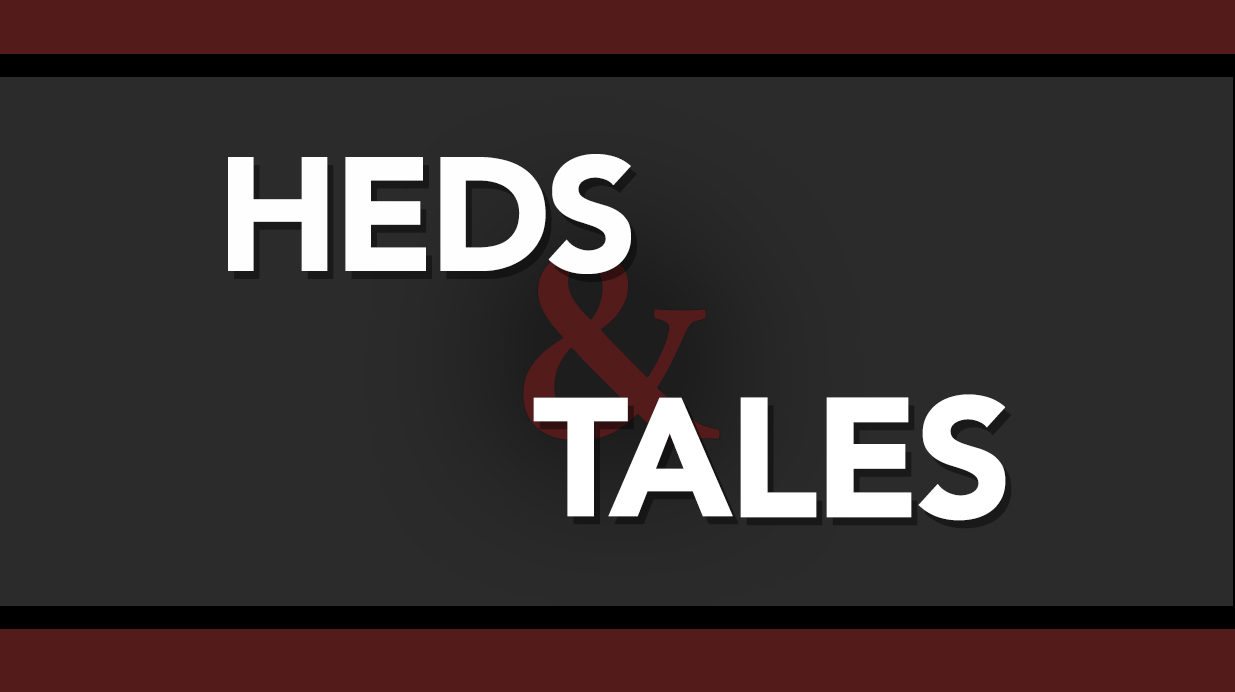
Hed: (n) Newsroom jargon for headlines
Headlines are tricky. They have to grab flighty readers’ attention, tell a story, and hopefully even squeeze in a witticism. The smallest choices affect readers’ first impressions and, sometimes, their only take on the story. Once a week, we analyze the different ways news outlets present the same story.
The Tale
Here we go again. Last year, the UK had its referendum on Brexit—its exit from the European Union—which won with 51.9 percent of the vote. The year before, Scotland held a referendum on whether the country should leave Great Britain. The movement was rejected with 55.3 percent voting to stay.
Now, Nicola Sturgeon, leader of the Scottish National Party, is pushing for yet another referendum on Scottish independence before Britain leaves the EU—a process that might start as soon as March 29. In response, British prime minister Theresa May turned down Sturgeon’s proposal, saying “now is not the time.”
The Heds
Scottish independence: Holyrood to debate referendum call (BBC News)
Nicola Sturgeon warned Scots are ‘sick to death’ of her second referendum demands (The Telegraph)
Nicola Sturgeon accused of hypocrisy as independence debate begins (The Guardian)
The Take
The BBC headline uses more of an insider’s approach to Scottish politics by citing Holyrood, the Edinburgh district where the Scottish National Parliament is located, and a byword for the institution. Befitting a national broadcaster, the BBC opts for dry clarity, pointing out that the Scottish parliament is set to debate whether or not to spark another referendum—just the facts, basically.
The Telegraph takes a more resolute stance, quoting Ruth Davidson, the Scottish Conservative Party leader and the SNP’s primary opposition in the Scottish National Parliament. Davidson colourfully toed the Tory line, foregrounding the political tumult of yet another nation-wide referendum, which gave the Telegraph the chance to do the same. No surprise the newspaper is generally considered a Conservative broadsheet.
The hed the Guardian chose to print is factually correct—there are quotes and supporting facts within the article to explain how Sturgeon is seen as a hypocrite—but it seems like it might be trying to aggravate. It’s catchy, in the way that a fish hook is catchy: painful, and you want to fight it, but you’re stuck on it. It’s confrontational when it doesn’t have to be, but insider or not, it sure makes you want to read it.